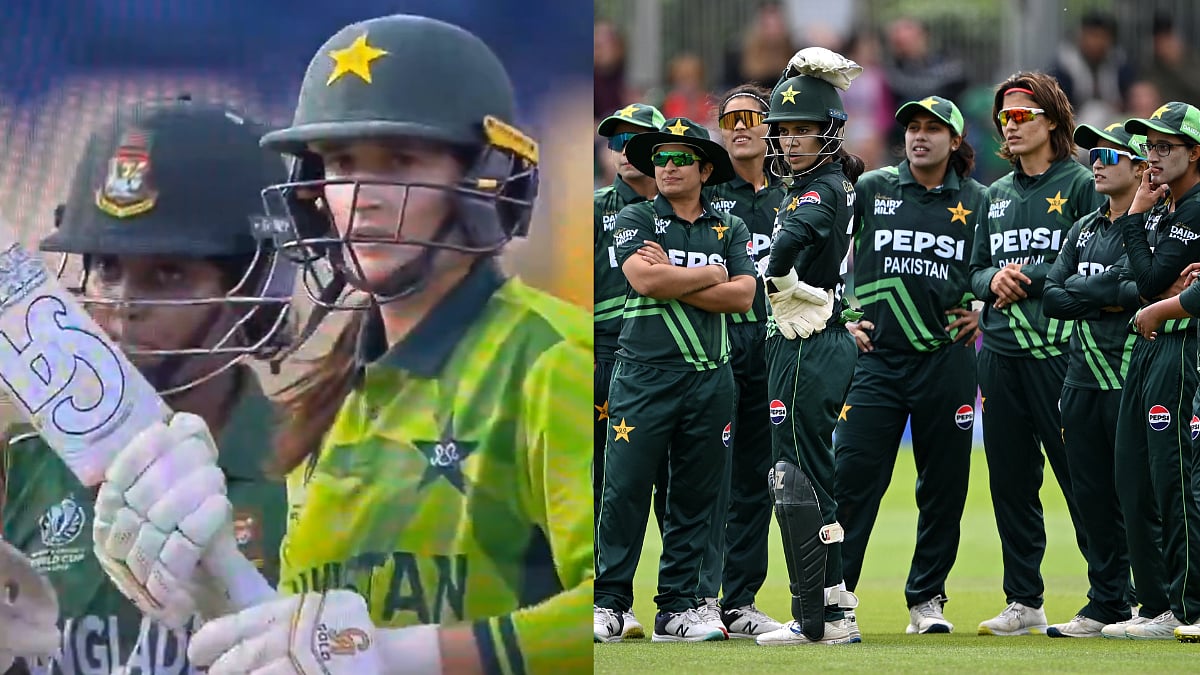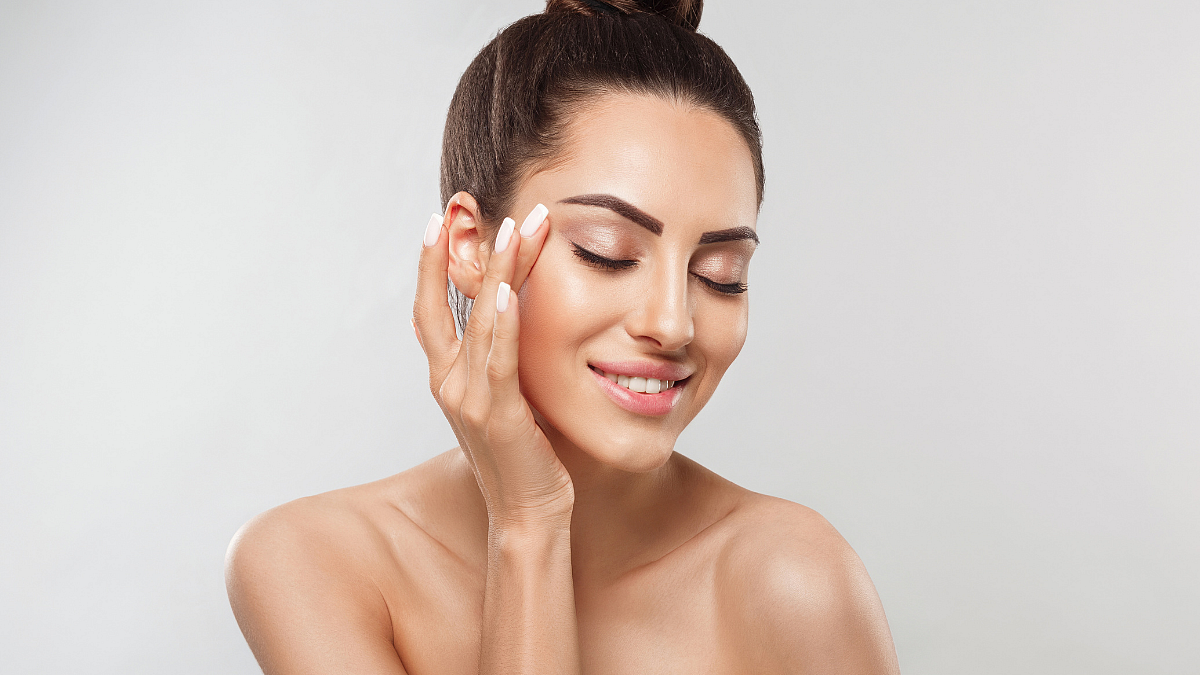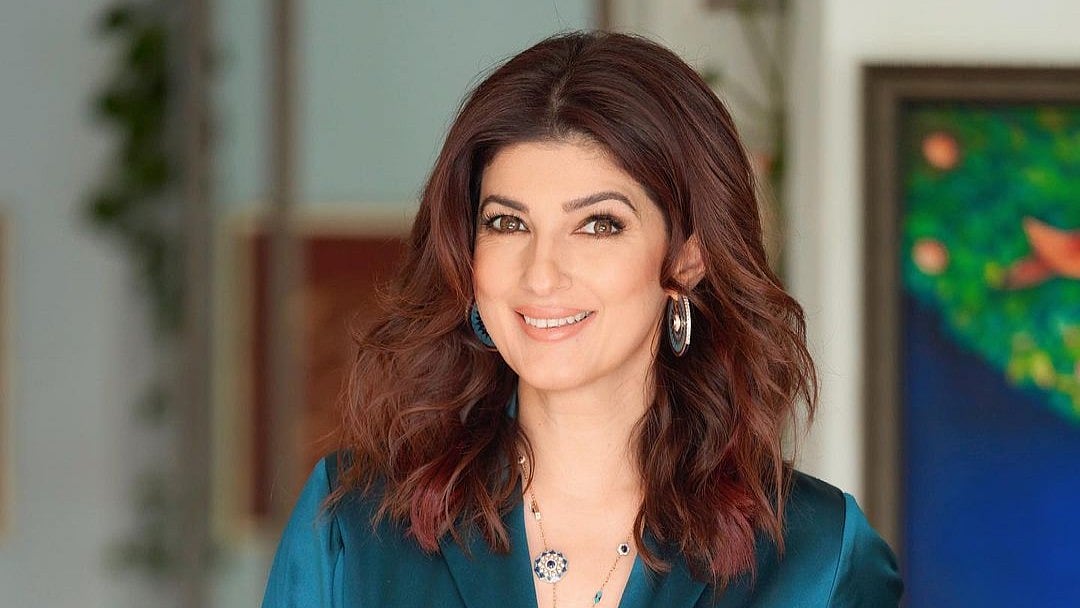If you've spent hours googling "how to get rid of pigmentation" or switching from one skincare product to another, you're not alone. Uneven skin tone is one of the most common concerns for Indian skin, and not every trending hack works.
So, what really helps: fancy creams or dermatologist treatments? And to help you answer that, we turned to Dr. Gagan Raina, Medical & Clinical Director, Cosmetologist & Aesthetic Medicine Specialist at Arisia Skin Clinic, who broke down the real difference between cosmetic quick fixes and medically-backed treatments — and what works best for Indian skin.
But first — what causes uneven skin tone and pigmentation?
Pigmentation and uneven skin tone are often triggered by acne marks, tanning, or hormonal fluctuations. It can affect individuals across all age groups and skin types. "Due to its higher melanin content, Indian skin is naturally more prone to pigmentation, making it more susceptible to dark spots and discolouration despite its inherent richness in tone," adds Dr Raina.

Expert explains that pigmentation may be triggered by multiple factors such as sun exposure, pollution, hormonal changes, and certain lifestyle habits. For instance, skipping sunscreen, over-cleansing, or using harsh skincare products can compromise the skin's natural barrier, thereby exacerbating pigmentation over time.
"Fortunately, both cosmetic and medical treatments are available to help restore an even skin tone," says the Cosmetologist. So, let's deep dive into understanding the treatment.
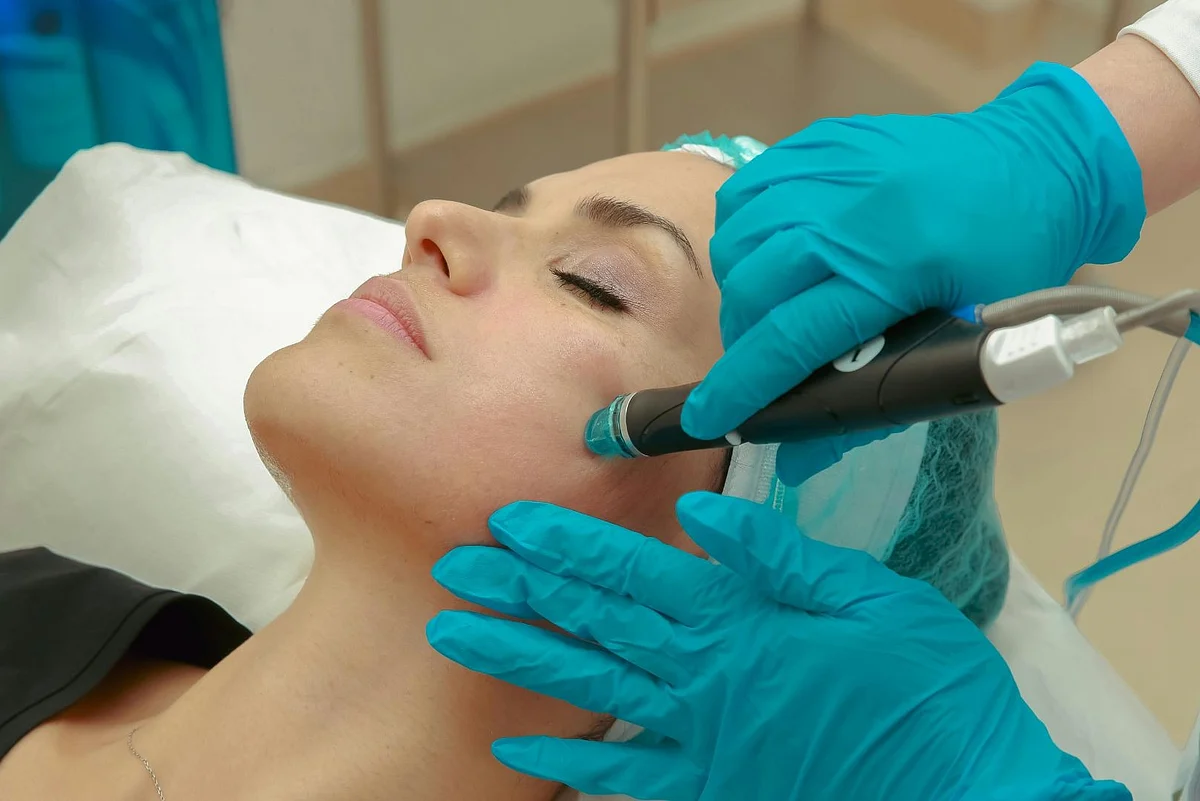
Canva
Cosmetic Treatments
Cosmetic treatments are often the first choice for mild to moderate pigmentation. Dr Raina states, "These options are easily accessible, non-invasive, and generally do not require a prescription."
Here are cosmetic treatments for pigmentation and uneven skin tone for Indian skin type as per the expert:
Topical Skincare Products
Creams and serums containing ingredients like Vitamin C, niacinamide, kojic acid, and licorice extract to help brighten the skin and fade dark spots over time. Exfoliating acids such as AHAs and BHAs assist by gently removing dead skin cells and promoting new cell growth. While these products are typically safe for Indian skin types, consistent use over several weeks or months is necessary for visible improvement.
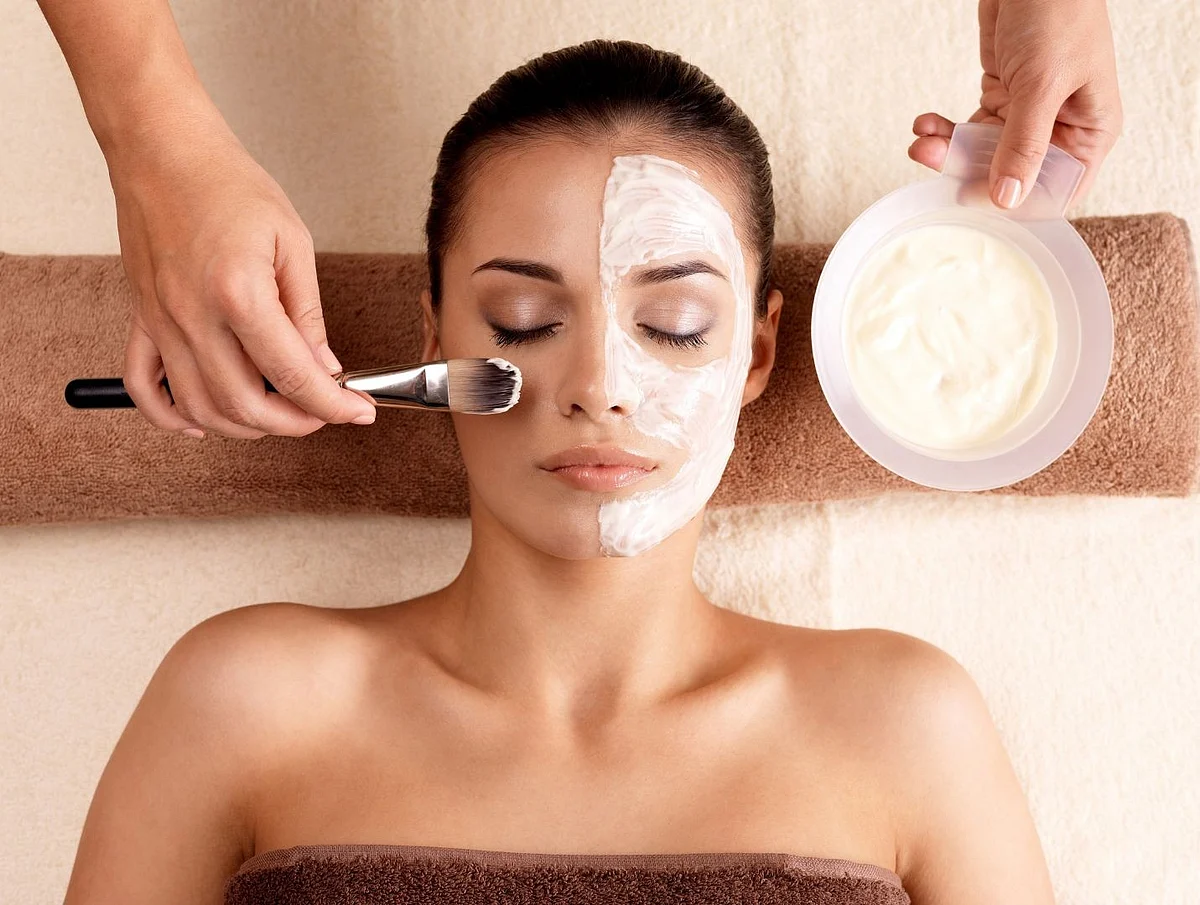
Canva
Chemical Peels
Mild chemical peels using glycolic or lactic acid exfoliate the skin’s surface, reducing pigmentation and enhancing brightness. These treatments are usually available at salons or skincare clinics.
Facials & Brightening Treatments
Glow facials and brightening therapies can provide a temporary radiant boost. While beneficial for dull skin, these treatments do not address pigmentation deeply, and results tend to be short-lived.
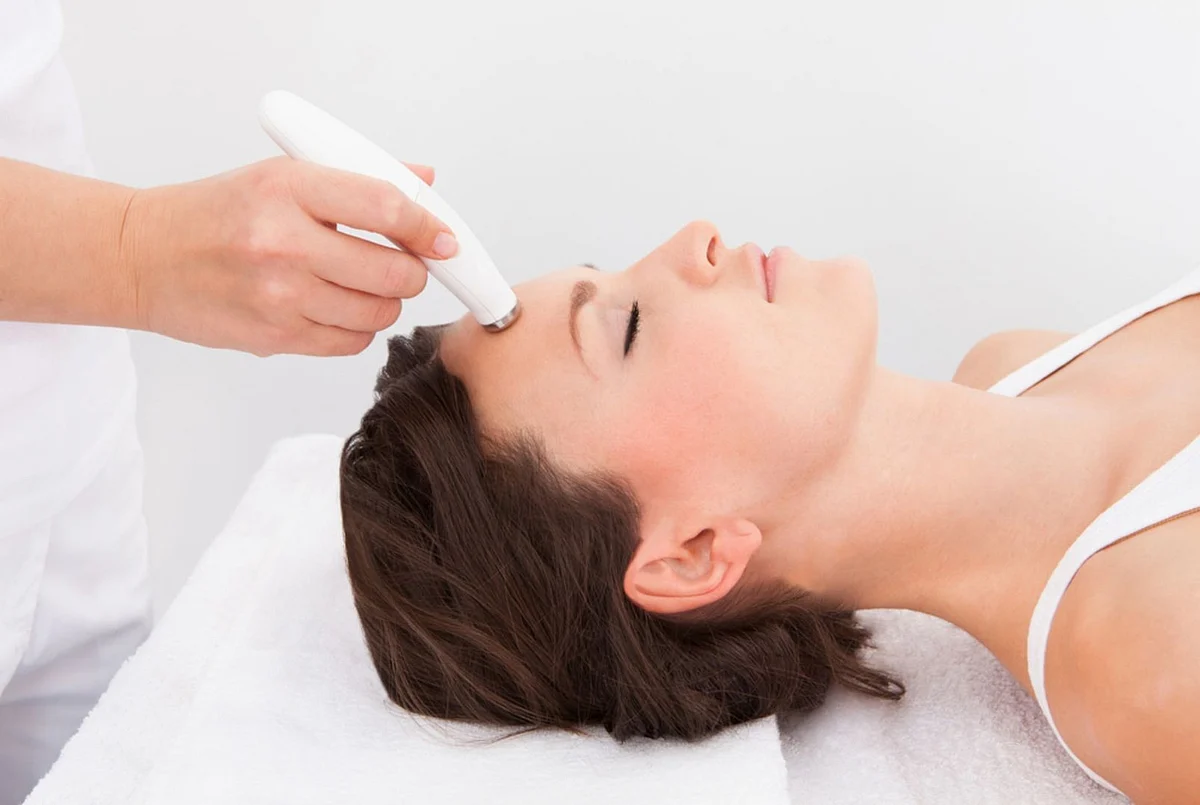
Canva
Medical Treatments
For stubborn pigmentation linked to hormones or deeper skin concerns like acne scars, the expert recommends medical treatments. "These treatments should be administered under the supervision of a dermatologist," emphasises Dr Raina.
Here are medical treatments for pigmentation and uneven skin tone for Indian skin type as per the expert:
Prescription Creams
Stronger creams with ingredients such as hydroquinone, retinoids (like tretinoin), or mild steroids reduce pigment production and accelerate skin renewal. These require careful use to avoid irritation or side effects.
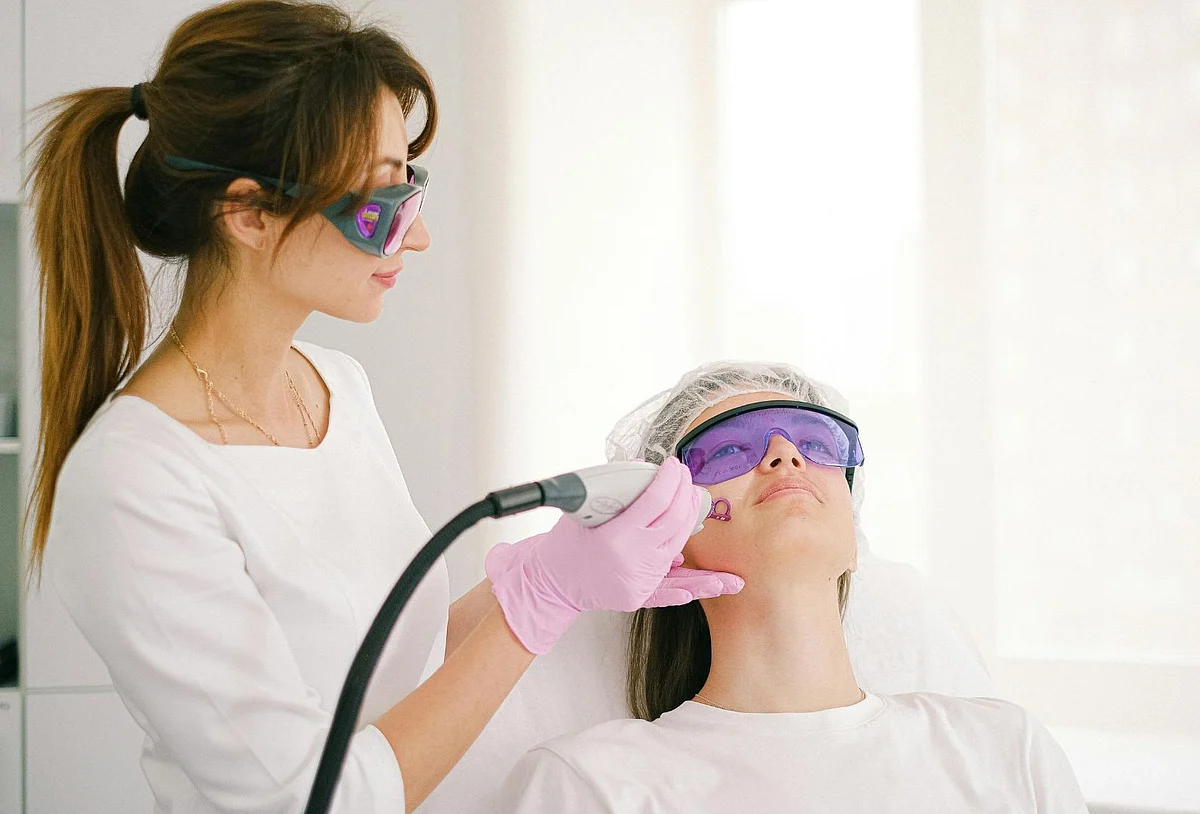
Canva
Medium To Deep Chemical Peels
Peels such as TCA penetrate deeper into the skin and help break down stubborn dark spots. Though effective, they may cause peeling and require downtime for healing.
Laser Treatments
Lasers like the Q-switched Nd:YAG target pigment deep within the skin and break it down. These treatments usually require multiple sessions and can be more expensive.
Microneedling
Microneedling stimulates collagen production and promotes natural healing, gradually reducing acne scars and post-inflammatory pigmentation.
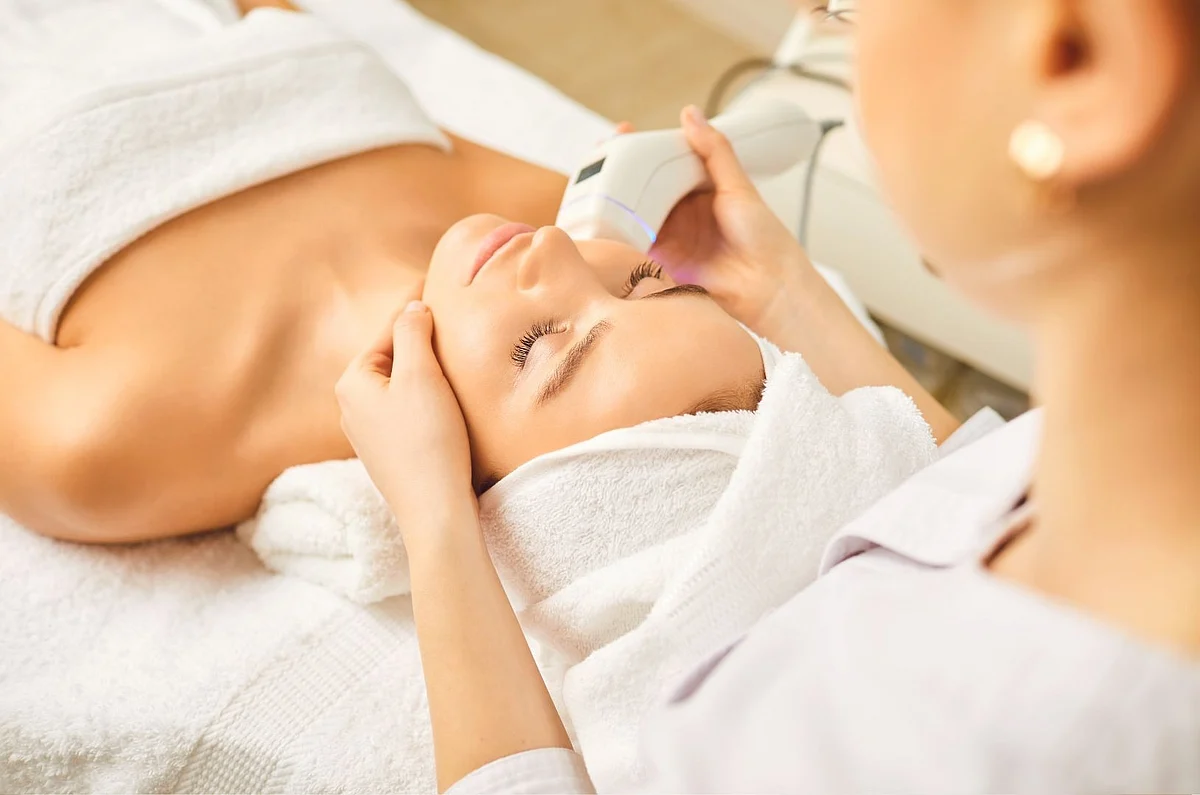
Canva
Patience and consistency is the key...
Treating pigmentation and uneven skin tone requires patience and a personalised approach. Dr Raina notes, "Whether opting for gentle cosmetic solutions or more intensive medical treatments, consistent sun protection is essential."
The expert further advices, "Wearing sunscreen daily and following a gentle skincare routine can prevent pigmentation from worsening and support treatment outcomes." Consulting a dermatologist is recommended to determine the most appropriate treatment plan and effectively restore an even, natural glow.



